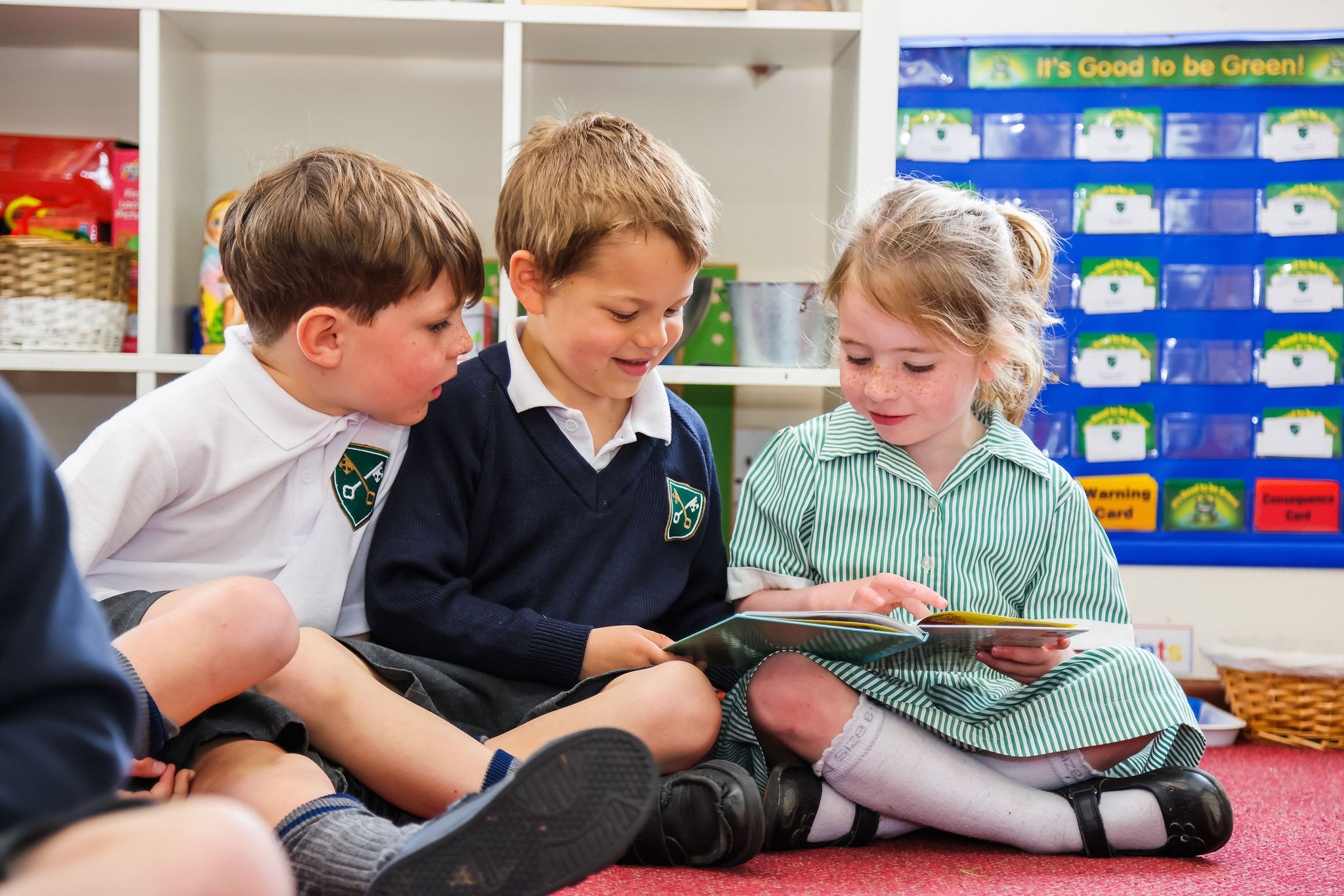Separation anxiety is very common especially for children in the early stages of their development. It can feel daunting for children to be away from their parents or carers for the day, and classrooms can be the cause of many children’s distress, particularly if it is all new to the child.
What is Separation Anxiety?
Separation anxiety refers to a common childhood condition characterised by intense distress or fear experienced when a child is separated from their primary caregiver or a familiar environment.
It typically occurs when children start attending school, nursery, or are separated from their parents for other reasons. Symptoms may include excessive crying, clinginess, tantrums, physical complaints such as stomach aches or headaches, and a strong desire to be reunited with their parents.
Separation anxiety is a normal developmental phase, but in some cases, it can become more severe and interfere with a child’s daily life. With understanding and appropriate support, children can learn to manage and overcome separation anxiety over time.
What are the Symptoms of Separation Anxiety?
Separation anxiety presents the same symptoms as anxiety, but with a focus on a separation. These symptoms can be both mental and physical and can also be either mild or severe depending on the person.
Signs to look out for in children include headache, nausea and also vomiting. Emotional and behavioural symptoms may be in the form of extreme distress about being separated from someone, along with symptoms such as excessive worry or fear about being alone.
Children can also worry about a parent or primary care giver becoming ill or being in an accident. Physical feelings can also manifest when a child knows they are due to separate from a parent or pet. If the child seemingly feels fine and is in good health before their attachment figure goes to leave, and then physical symptom’s manifest, this could well be a tell-tale sign of separation anxiety.
We have put together some tips to help relieve symptoms of separation anxiety for your child and help students with the transition into the classroom.

1. Communicate and Empathise
By openly discussing their fears and concerns, children feel heard and understood, which helps them develop a sense of trust and security. Validating their emotions and letting them know that their feelings are normal and common reassures them that they are not alone in their experience.
Through empathetic listening, caregivers can gain insights into the specific triggers and anxieties the child may have, allowing them to tailor support strategies accordingly.
Effective communication also provides an opportunity to address any misconceptions or fears the child may have about the separation process. By fostering a safe and supportive environment, carers can help children build resilience and gradually alleviate their separation anxiety.
2. Create a Routine
Creating a routine is a valuable strategy for helping children with separation anxiety manage their fears and anxieties. A consistent daily schedule provides a sense of predictability and stability, which can help reduce anxiety.
Knowing what to expect and when can offer reassurance and a sense of control, easing their worries about separation. A structured routine also establishes a familiar pattern, making transitions smoother and more manageable for the child.
By incorporating comforting activities or rituals into the routine, such as a special goodbye ritual or a regular check-in time, children can feel more secure and connected to their caregivers.

3. Stay Positive and Calm
When parents project confidence and reassurance, it helps children feel safe and secure. Children are highly perceptive and can pick up on their parents’ emotions, so remaining composed and optimistic can help alleviate their own anxiety.
By demonstrating a positive attitude, parents send the message that separation is a normal and manageable experience. This reassurance helps children develop a sense of trust in their ability to cope with separation and adapt to new environments.
When parents exhibit calmness, it creates a soothing environment and helps children regulate their own emotions, promoting a smoother transition and easing separation anxiety.
4. Involve Staff at School
When school staff are informed about a child’s separation anxiety, they can provide a supportive and understanding environment. Teachers and counsellors can develop strategies to help the child feel more comfortable and secure at school, such as offering extra attention, assigning a buddy, or providing a safe space to retreat to if needed.
Involving school staff also allows for effective communication and collaboration between parents, carers, and educators. This teamwork ensures that everyone is working together to address the child’s specific needs and implement consistent strategies at home and school.
The involvement of school staff not only provides practical support but also sends a message to the child that they have a network of caring adults who are there to help them navigate their separation anxiety.
Separation Anxiety at Boarding School
Here at St Peter’s Prep, an independent primary school, we understand the struggles and challenges that our students go through, especially when it comes to separation anxiety. Whether it’s at day school, boarding, or both, St Peter’s Prep staff members are always there to support every pupil.
If your child is starting boarding school for the first time, or just anxious about going back after some time away from the boarding setting, let them know that they are not alone and that many other pupils will have similar feelings, this will allow your child to understand that their feelings are valid and heard.
Although children may feel anxious about these new experience, going to boarding school has many benefits, including helping children gain independence, build confidence and develop social skills. Over time we believe that we can support children to become content in the education and boarding environment, easing separation anxiety.
Please note: boarding at St Peter’s will cease by the end of the 2025 summer term.
If you would like to find out more about our much loved school, please do not hesitate to get in touch with us today!










